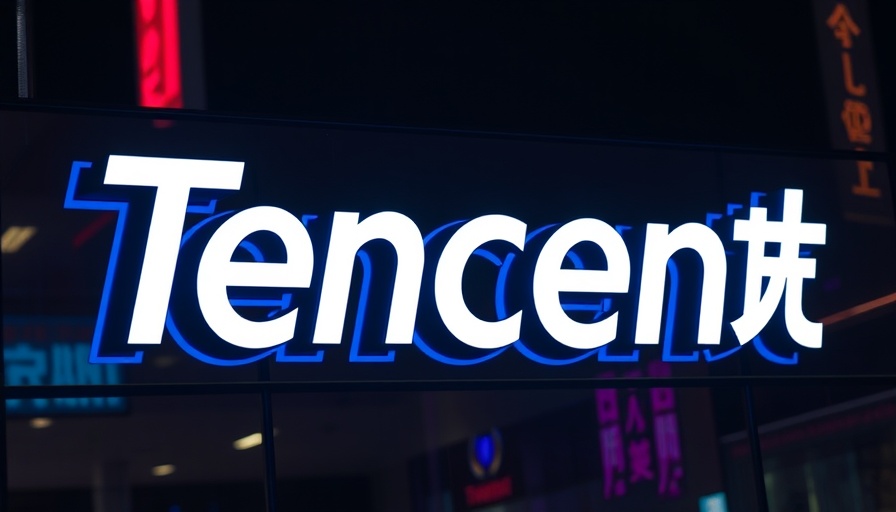
Introduction: The Race for AI Supremacy
In the fast-evolving landscape of artificial intelligence, Tencent has made headlines with the release of its latest model, the Hunyuan Turbo S. Positioned as a formidable contender against the acclaimed DeepSeek R1, the new model not only promises quicker response times but also aims to match the performance of DeepSeek's V3 in areas like knowledge and reasoning. As the competition heats up, it's clear that the stakes are high for tech giants in this rapidly developing field.
Speed and Efficiency: Tencent's Competitive Edge
The Hunyuan Turbo S has been touted as answering inquiries in under a second, significantly outperforming both its predecessor, Hunyuan T1, and DeepSeek’s R1, known for its agility. This leap in efficiency is essential in catering to user demands for immediate interaction, a benchmark that has increasingly become standard in AI technology. As the competition for user attention becomes fiercer, speed becomes a vital currency in this tech race.
Matching the Best: Performance Metrics Compared
Tencent's Turbo S not only emphasizes rapid responses but also excels in task-oriented functionalities. Testing indicates that it holds its ground against DeepSeek's V3, particularly in complex domains such as mathematics and logical reasoning. This competency showcases Tencent's ambition to attract businesses that require robust and sophisticated AI applications without compromising on performance.
The Price of Progress: Economic Considerations
One of the standout features of the Hunyuan Turbo S is its cost efficiency. Tencent's assertion that the Turbo S operates at a significantly lower price point than earlier models positions it as a viable option for enterprises wary of high operational costs. This strategic pricing is seen as a direct response to DeepSeek's open-source and low-cost strategy, further intensifying the competitive dynamics within the AI sector.
The Broader Impact of DeepSeek’s Rise
DeepSeek's acknowledgement on the global stage, especially within Silicon Valley, underscores a transformative shift within the AI market. Its successful launch of the R1 has generated waves, compelling established players like Tencent and Alibaba to accelerate their AI advancements. This competitive pressure not only elevates the discourse on innovation but also influences pricing strategies and product development across the industry.
Public Reception and Skepticism
With the promise of advanced capabilities comes a mixture of excitement and skepticism from the tech community. While many lauded Tencent's Turbo S for its potential to disrupt existing paradigms, concerns linger regarding claims of efficacy and speed. Industry experts emphasize the importance of rigorously evaluating these models before widespread adoption, a sentiment echoed amidst the rapid pace of competition.
Looking Forward: Implications and Opportunities
The competitive landscape in AI, as illustrated by Tencent's Hunyuan Turbo S introduction, points toward a future filled with innovation, yet also fraught with challenges related to ethical concerns and regulatory needs. As AI becomes integral to various sectors, the dialogue surrounding its governance is more critical than ever. Moving forward, balancing technological advancements with responsible usage will be essential to avoid pitfalls associated with job displacement and algorithmic biases.
Conclusion: Navigating the AI Ecosystem
As Tencent continues to innovate with the Hunyuan Turbo S, the dialogue about AI's future interlinks technological progress with deeper discussions surrounding ethical implications and market dynamics. Companies and regulators alike must navigate this evolving ecosystem thoughtfully, ensuring a landscape that benefits consumers and industries while maintaining robust regulatory standards.
For more insights on the latest trends in AI technology, Subscribe to our newsletter and stay ahead in this fast-paced industry.
 Add Row
Add Row  Add
Add 


Write A Comment